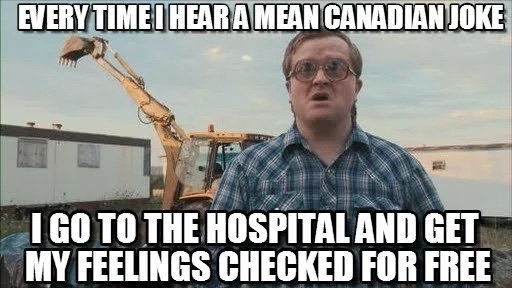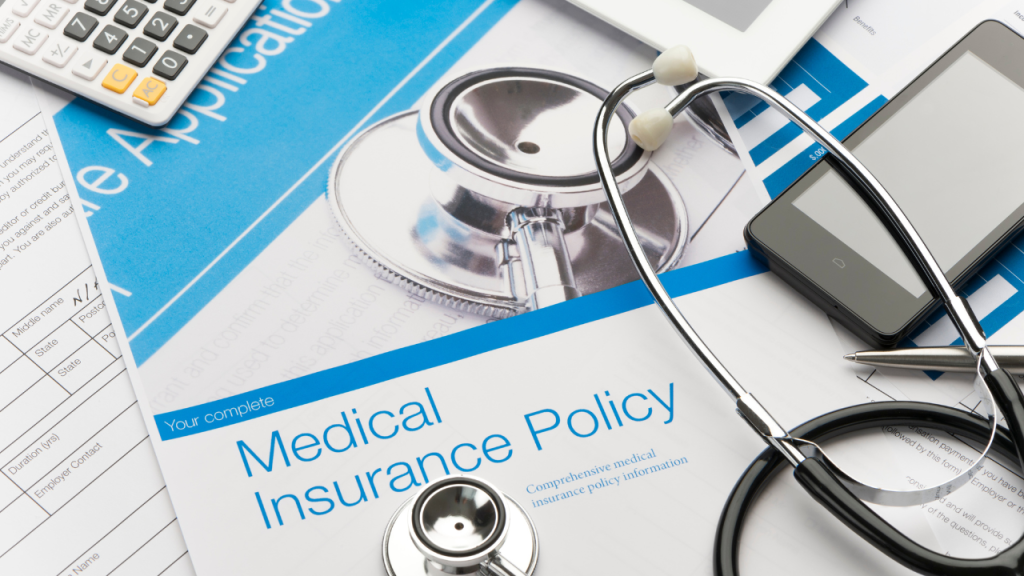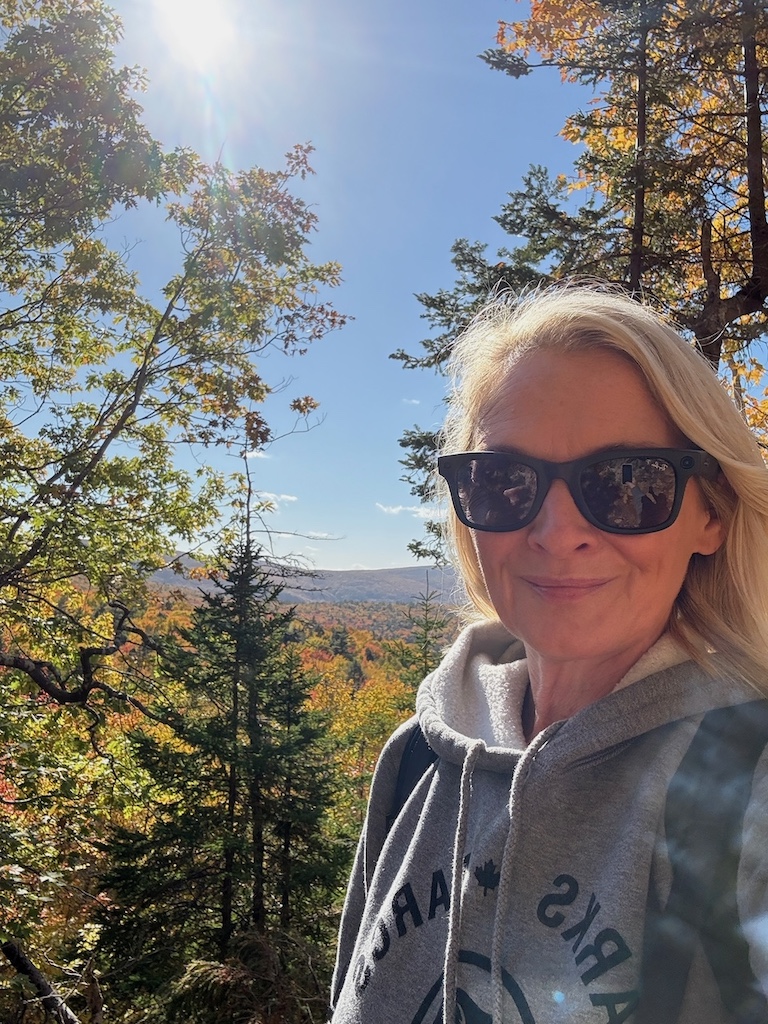No matter who you are, we all need a motivator for staying healthy. For some, it’s a “look good, feel good” mission, and for others, it’s about staying sane. Then there’s a whole group of people still seeking their “why”. So if I may, let me offer one: your wallet. The Canadian healthcare system is on the verge of collapse. It could be months away, maybe a couple of years—but the collapse is inevitable, and the signs are clear. Over 6.5 million Canadians don’t have a family doctor, hospitals and emergency rooms are shutting down, and wait times for routine procedures can take years. Before long, the only way to access it will be through your bank account.
We really did have it good, though, didn’t we? As Canadians, we had one of the best universal healthcare systems in the world, which served us well for a couple of generations. Now, however, we’re a textbook example of why we can’t have nice things. Apathy, hubris, disinformation, and greed have put enough strain on the system that it’s now buckling under the pressure.

So first things first, it’s time to pack away those smug memes and tsk-tsk’s about our American friends to the south and start asking for budgeting tips on managing a household with out-of-control health insurance and medical bills piling up. This reality is coming for all of us.
I’m not fear-mongering or trying to scare you; I’m just being as real as possible. When things start to crumble, it happens slowly at first—a little chip here, another there. But as it nears the end of its lifecycle, there’s usually a sudden and quick collapse. We’re nearing that point, and medical care in Canada is about to get very expensive, very fast. If you’re not prepared to hear this news and would prefer to put your fingers in your ears, Godspeed, sister—I won’t try to change your mind. However, if you’re also starting to worry about the impending “healthpocalypse” and wondering how it will impact you, then welcome. We’re all going to have to adjust together in real time, and the very first thing we need to do, ladies, is get our health house in order.

Yes, we should all be setting some money aside to prepare if we can, but in this economy, that’s challenging. Canadians are one of the most indebted nations in the world, and 60% of us don’t have incomes keeping pace with inflation. It’s hard to think about putting $25 a week away in an account when you’re already living in overdraft. So, if anyone tries to hand you shame on that, don’t accept it.

The most important thing we can do is take our health seriously and be as proactive as possible. This offers a trifecta of gains: health, savings, and future stability.
We all know the basics, of course: eat well, sleep, exercise. Small words that can require big action, depending on where fall on the health spectrum. If you struggle in any one of these key areas, now is the time to start building habits to address them. Just to be clear, you don’t need to fork over money to begin addressing these. Local libraries have every health book you could ever want, and the internet has enough free resources to last you years before you might even need a coach to up your game.
Personally, I’ve recently taken a really hard look at my “sin” spending—alcohol, cannabis, junk food. During the pandemic, fearing my drinking habits were sliding into problem territory, I decided to pause drinking and reset my relationship with alcohol. Thirty days became sixty, then ninety. I learned to enjoy not drinking in social settings, and I found the space I needed to re-establish my relationship with it. I eventually resumed, keeping it to weekends and special events. Recently, though, I’ve stopped again for two reasons.
First, my bank account is leaving little room for “treats.” The old me might have been embarrassed to say that out loud, but the era of keeping up with the Joneses is, thankfully, dead. This is something we all need to discuss openly, without shame. I’m convinced many of us are desperately trying to keep up with a lie, spending money we don’t have on things we don’t need. If 60% of us are worried about making ends meet, why would we be trying to live like we aren’t? While this might feel like a digression from my point, it’s not. Your mental health is also important and will improve drastically when you let go of the societal pressure to buy the brand new thing-a-ma-bob or spend money on something you can no longer afford.
Second, more than ever, I can’t afford the health risks associated with these indulgences. I haven’t sworn off drinking forever. This weekend is my birthday celebration with my besties, and, gurl, I am getting lit up. I mean, have you looked around lately….gestures to sweep hand over everything? But drinking is now officially for rare occasions. I’m actively trying to mitigate risks in as many places as possible by taking a hard look at my health through the lens of my bank account.
When it comes to food, I’ve been an “ingredient-only” household long before it was trendy. If you want cookies in my house, then you’d better roll up your sleeves and make them yourself. For years, this wasn’t about health—it was simply because I think homemade tastes better. But now, it’s also that my motivation to bake usually doesn’t win over my desire to avoid the kitchen. Which keeps empty calories off my hips. When you live in an ingredient-only household, you quickly find that after making the essentials, you have little energy left for sweets. This approach has worked well for my family’s health without us even trying. Lately, though, I’ve started to address other convenience items, like take-out, and things like mayonnaise and coffee syrup. I’m aware that this gives off trad-wife vibes (ewww), trust me, it’s entirely self-serving. Self-care is an act of rebellion ladies, never forget that. Also, funnily enough, the desire to save money often intersects with reaching your health goals—it’s a win-win.
I also want to be super clear on something else, this is also a privilege to be able to do this. I am well aware that many women are working their asses off daily to make ends meet already and often times have no more energy to give. I see you. If this is not something you have space for, I get it. You don’t have to conquer Mount Everest to advance your health goals. Address what you can, and let go of the rest.
And finally here’s another truth as I see it: it’s okay if you’re not hitting 10,000 steps a day or if you fall off the fitness wagon from time to time. I too get frustrated by the guilt and judgement some fitness gurus throw around. Shake that off. Let’s meet ourselves where we are and not get hung up on not having spent the last thirty years hitting the gym. Different life experiences mean different journeys with fitness. Just make a commitment, whatever that looks like for you. I’ve recently started tracking my walks with an app called NOMO. It’s actually meant to track when you break an addiction like drinking or shopping, but I find it’s also great for tracking smaller goals. Right now, I’m at two days of walking in a row. Woot!! I was up to ten days but missed a day, so I reset—no guilt, no judgment, just forward momentum.

The safety net Canadians relied on has become a shredded mess. And if you haven’t been putting your health first, maybe thinking about it from this angle will motivate you too. I’m not a doctor or health guru, a naturopath or fitness expert—I’m not here to offer you a 30-day plan or coaching advice. I’m just a woman who sees what lies ahead and knows that someday I could lose everything I’ve worked so hard to keep by getting sick. Hard times are ahead, and if you’re not watching out for yourself, you can’t expect anyone else to do it for you. Make your health a priority, because the new Canadian healthcare system is unfolding before our very eyes, and it’s terminal.